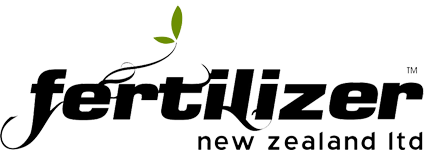For farmers, having productive cows grazing on an all grass system is the most cost effective and environmentally sustainable way to farm.
Farmers in New Zealand have relied on the pasture for a productive way of farming, and in my mind it is the way it should stay. Sure, there are times when there will be surplus and this will be stored as hay, silage or similar for when it will be needed. The amount of pasture grown will depend on the district and the climate but regardless of the tonnage grown, the over-riding factor is quality. Pastures provide the foundation of the dairy cow’s diet. This means the higher the quality of the forage, the greater is the profitability of the farm.
At the heart of the matter is extracting the most from the pasturing cows and the ability of the farmer to optimise the feed quality during the growing season. This means not over-grazing or damaging the pastures.
Like all living organisms, a plant’s singular biological purpose is to reproduce and propagate. Perennial grasses and legumes have a growth cycle. In Spring they are high in protein and lower in fibre. (This is why carbohydrate is required during the Spring.) As the pastures grow and mature, their nutritional value tends to decline as they lignify and flower and go to seed – giving less feed value to the cow.
Milk production for dairy cows is primarily a function of feed intake, forage quality and balanced diet. Two significant challenges for any farmer is to –
1) keep the quality of the pasture from degrading to a point where it is no longer nutritional enough to produce a desired level of milk.
2) know how much dry matter and nutrition is coming from the pastures on any given day throughout the growing season.
Farmers cannot measure what they do not monitor. This not only goes for the length of the pasture but the nutrients within the leaf. This can only be measured through a Lab test, and then balancing the results with what the animal requires.
For nearly 25 years John Barnes has been checking the nutrient status of the pasture and applying a balanced liquid fertiliser to keep the pasture quality at maximum levels. The product ‘Actavize’ delivers results far above its NPK status.
From the Team at Fertilizer New Zealand

